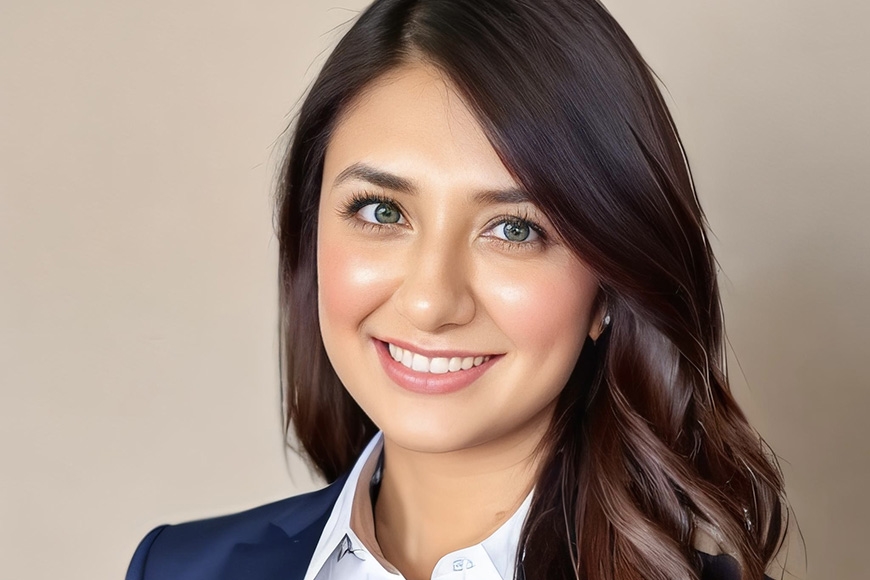Banking: A Career for English Majors
Shirin Ahsan Ali attributes her success establishing a career in banking to combining English and Finance majors. With a BA from CLA and a BS from Carlson School of Management, Shirin is now Assistant Vice President, Commercial Real Estate, at US Bank, where she enjoys both “digging into the numbers” and communicating a story from and about that financial data. Says Shirin, “The most valuable skills I learned through my time in the English department and still use today are quick reading comprehension; strong writing; and research ability.” She graciously agreed to be interviewed over email.
Is this a good career fit for English majors?
My role entails managing and underwriting distressed real estate assets (lodging, retail, office, industrial, multifamily), analyzing risk and profitability metrics, researching market dynamics, and writing various reports regarding industry trends and asset assumptions. Developing reading and writing skills has enabled me to communicate more effectively the “story behind the numbers.” Individuals who major in English are at a tremendous advantage when working in a field such as finance and banking. I see myself as a narrator of financial data: through all the cycles in an industry I can tell a story.
What have you enjoyed most about your work?
I enjoy seeing commercial real estate assets from day one of construction to completion. It is incredibly fulfilling to work on tangible assets that move from the research and development stage to functioning components of society. Additionally, I enjoy prospecting markets and dissecting potential projects. Digging into the numbers alongside the qualitative data is incredibly fun. Understanding why a project would be successful in a specific market versus another is crucial for my role.
Advice for current majors interested in careers like yours?
The best advice that I’ve been told is “the worst they can say is no.” Have the confidence to accept rejection and not stay married to one career path or job. If you don’t have confidence, then fake it until it becomes real. Below are action items I’d recommend:
- Attend career fairs—even if you’re not graduating this upcoming year, get a feel for the type of companies you are interested in.
- Secure an internship for the summer—you need to have some baseline experience to speak on.
- Reach out to alumni at companies you’re interested in on LinkedIn for coffee or an informational interview—people enjoy sharing about their careers.
- Practice your interview skills and elevator pitch in front of a mirror.
- Attend company-sponsored events on campus and introduce yourself to the employees afterwards. Get their email and send a thank you note.
What do you most appreciate about your time at the University of Minnesota?
I will always cherish how kind and understanding my professors were. Anytime I would visit office hours or need additional help, they were willing to take the time. The staff and faculty at the University of Minnesota are filled with talent, intellect, and dedication. I have become great friends with many of my professors from CLA and CSOM and still keep in touch with them. College is tough, and if the right leadership is not in place, then the students will suffer.
What books are you recommending these days?
I read both fiction and non-fiction; my current reads are A Thousand Splendid Suns by Khaled Hosseini and The White Coat Investor by Dr. James M. Dahle.



